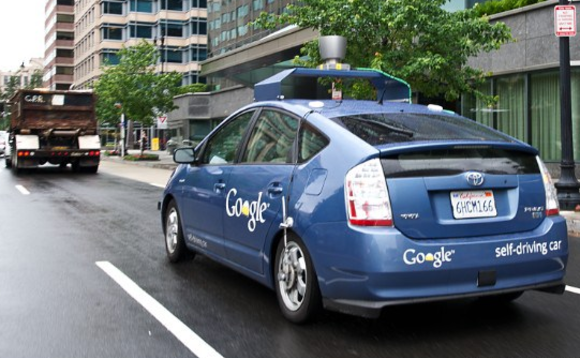Driverless smart-cars poses a far greater level of threat to pedestrians than previously thought.
Mercedes, one of the world’s top car makers, has admitted that its vehicles may prioritize the safety of its passengers over the lives of others in the event of an unavoidable crash. No doubt, this statement will once again raise doubts over the legality and ethics of making driverless cars available in the consumer market.

The statement was made by the Mercedes’ Christoph Vol Hugo during an interview with the Auto Express.
“If you know you can save at least one person, at least save that one. Save the one in the car,” Hugo said.
“If all you know for sure is that one thing, one death, can be prevented then that’s your first priority.”
“You could sacrifice the car, but then the people you’ve saved, you don’t know what happens to them after that in situations that are often very complex, so you save the ones you know you can save.”
How driverless vehicles are likely to react in case of an imminent accident has become the subject of a controversial debate in the UK and other countries where self-driving vehicles have already hit the consumer market. What viewpoints and moral decisions should be programmed into the onboard computer system has become the focal point of the controversy. So far, the laws are ambiguous regarding the policies and regulation that driverless cars are supposed to function under.
